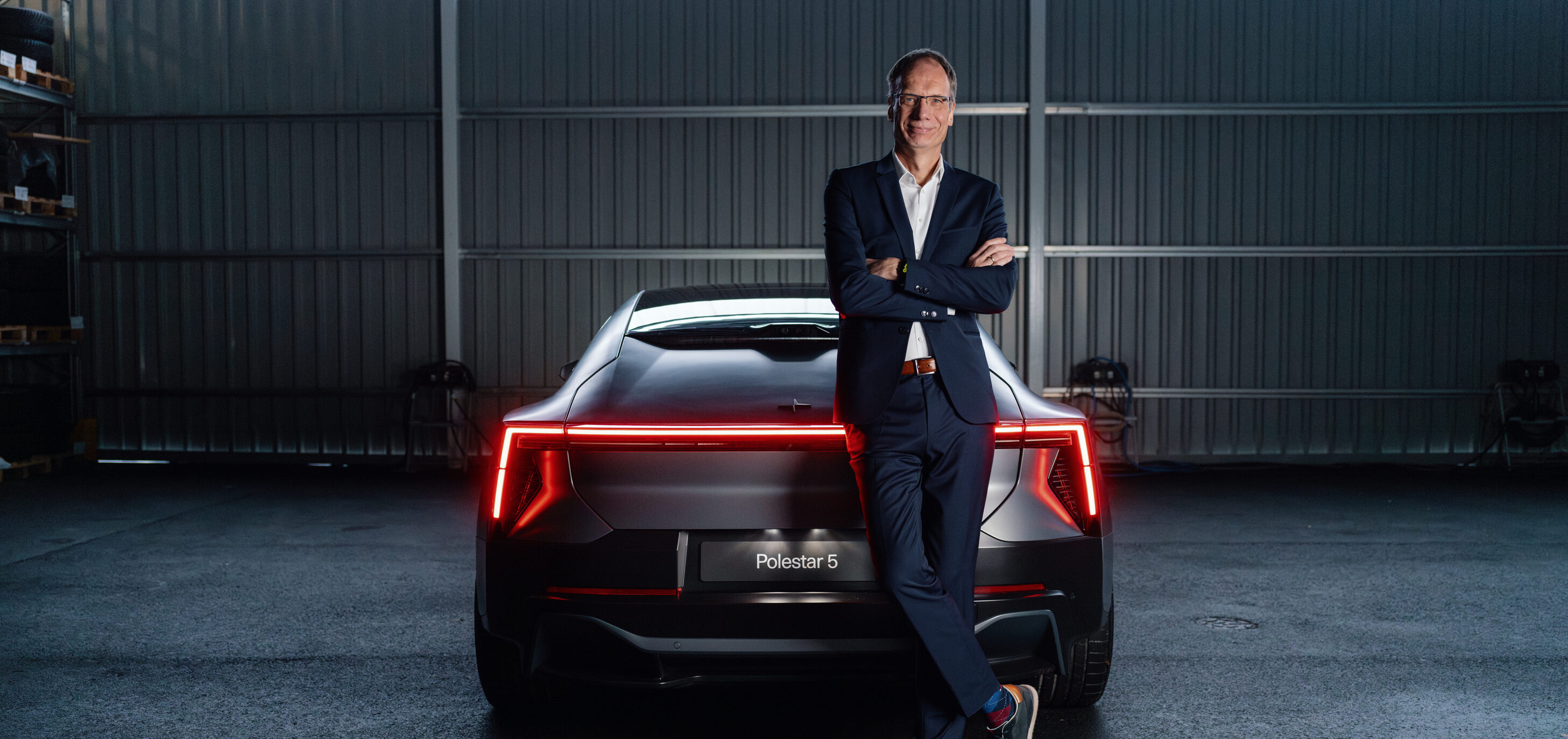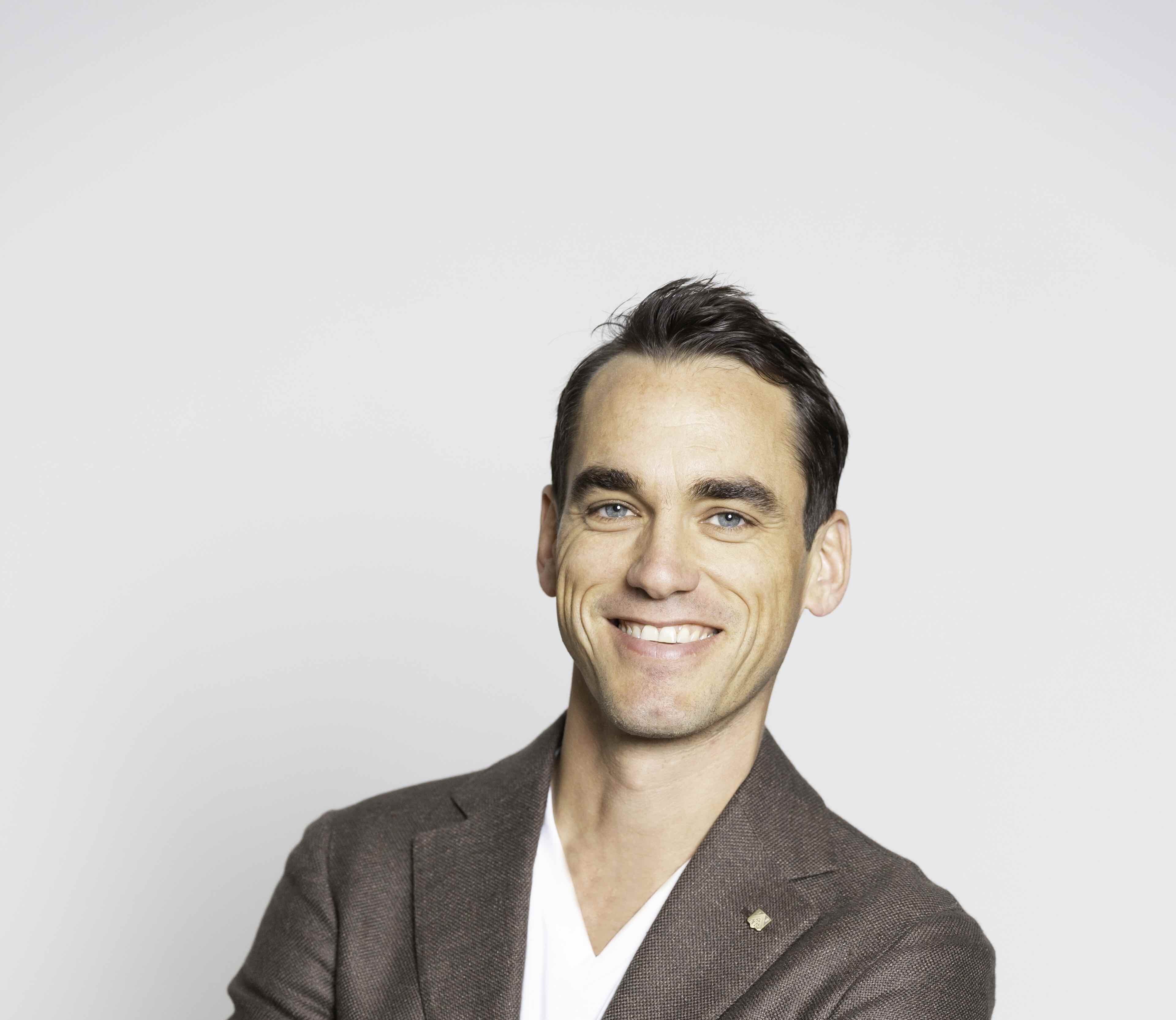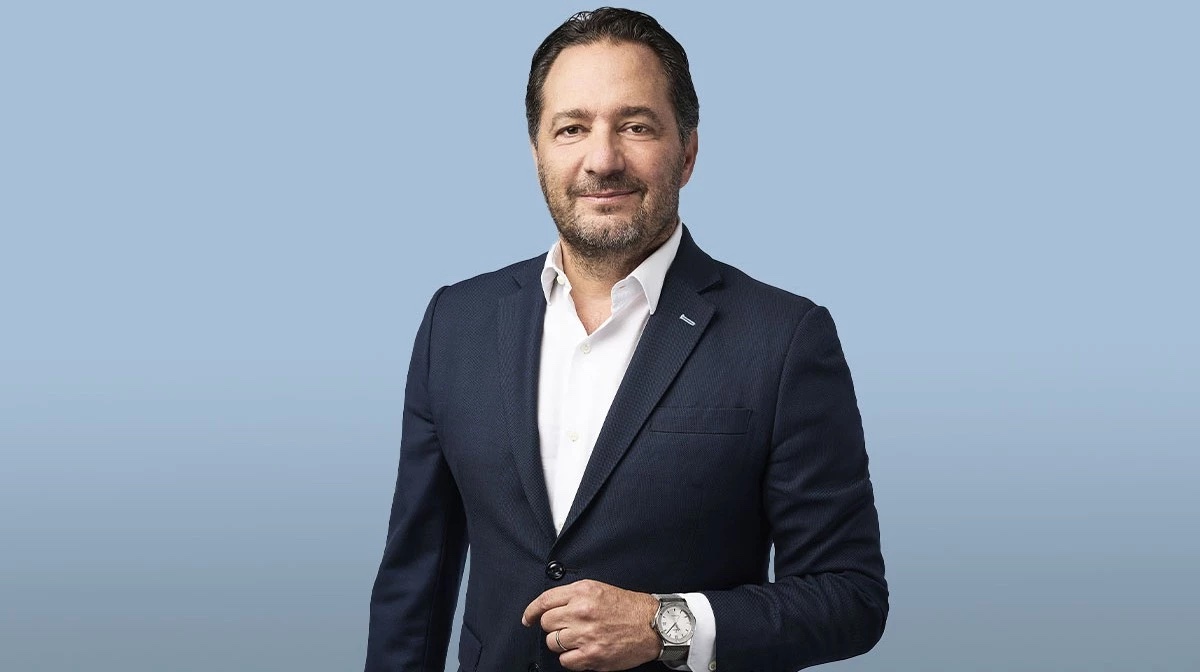The former Audemars Piguet CEO reveals how his new venture, The Honourable Merchants Group, aims to transform luxury through “better” rather than “more” – challenging an industry obsessed with endless growth.
The luxury industry is confronting an uncomfortable truth: the relentless pursuit of “more” that powered decades of expansion may no longer be sustainable. From environmental concerns to widening inequality, the consequences of unchecked growth are forcing even the most successful luxury executives to question fundamental assumptions about how business should be conducted.
François-Henry Bennahmias, who transformed one of Switzerland’s most prestigious watchmakers into a global powerhouse, has emerged as an unlikely voice for radical change. Speaking on a recent episode of The Luxury Society Podcast, Bennahmias outlined his vision for The Honourable Merchants Group, his new luxury venture that prioritises quality over quantity and challenges the industry’s obsession with eternal growth.
The Limits of the “More” Philosophy
Bennahmias’ critique of contemporary capitalism stems from decades of experience within luxury’s highest echelons. During his leadership tenure at Audemars Piguet, he increased the Swiss watchmaker’s revenues from approximately CHF 670 million (USD $717 million) in 2012 to CHF 2.3 billion (USD $2.46 billion) by 2023.
“Since the end of the Second World War, the world has been living on more. Everything was always about more, let’s do more; let’s get more; let’s make more. And it worked for quite some time, I would say, until the beginning of the 2000s,” he says.
“[Now], we’re living in a very difficult time where we don’t know if our system is valid anymore. Who is it valid for? And for how much longer is it going to be valid? Between global warming, social impact, the never-ending spread between extreme wealth and extreme poverty… We really have to look at the picture from a different angle.”
This philosophical shift reflects broader concerns emerging across luxury industries, with the traditional model of continuous expansion facing increasing scrutiny from consumers, investors, and regulators alike.
“We are going to go from ‘more’ to ‘better’ and accept the fact that eternal growth doesn’t work,” he adds.
Redefining Growth Through Quality
The Honourable Merchants Group (THMG) represents Bennahmias’ attempt to operationalise this “better” philosophy across multiple luxury categories. The venture, which launched in September 2024 with funding from private investors, encompasses seven verticals including watchmaking, jewellery, art, sports, and fashion, alongside innovative projects like electric bike company Viiala.
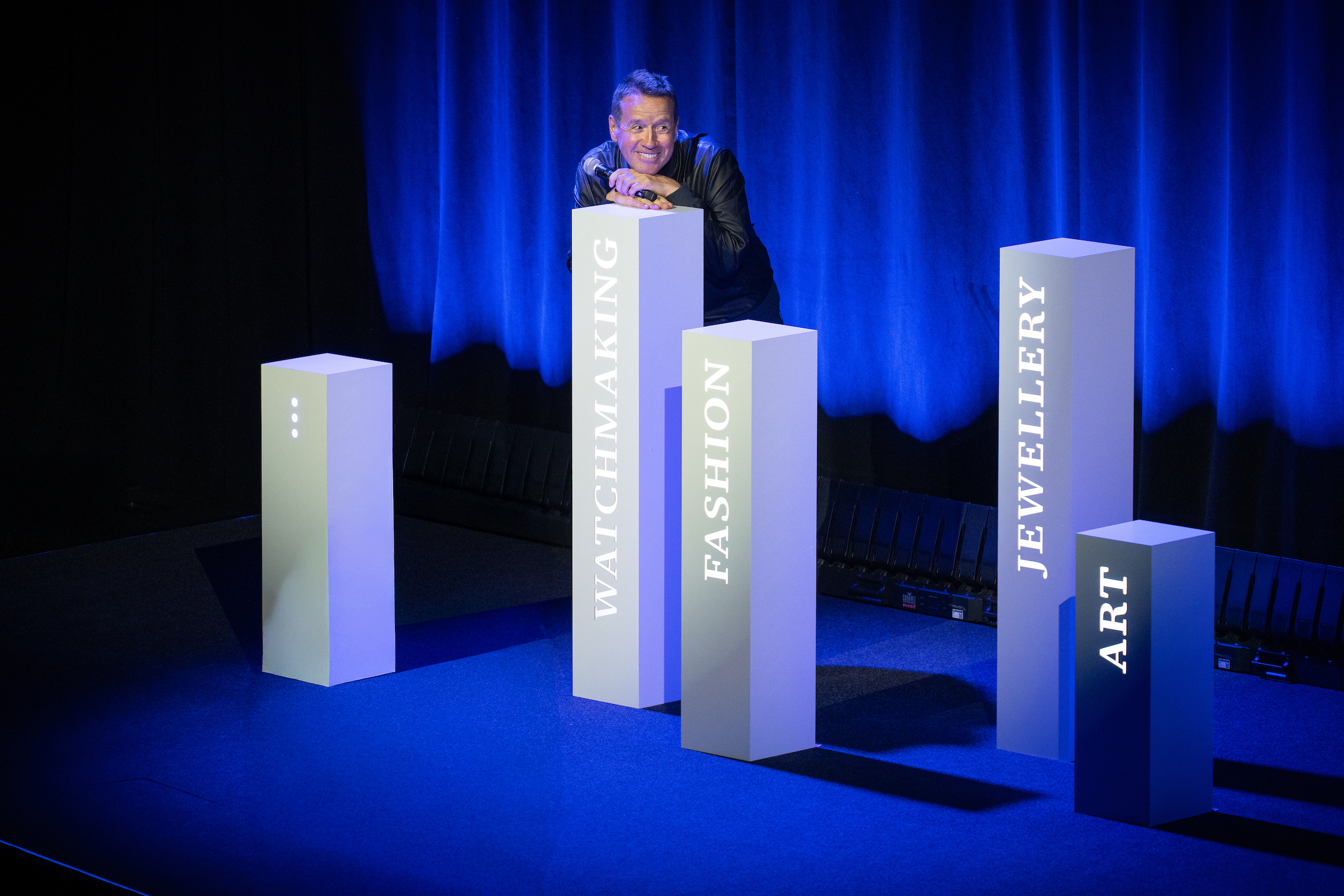
Bennahmias emphasises that the Group is built on the notion of not falling into the capitalist trap of continuously chasing for more. He is, however, quick to clarify that “profit is not the enemy,” and that margins are essential for growth.
“It’s more [of], when you have those profits, what do you do with them?” Bennahmias explains, articulating the core principle that distinguishes his approach from conventional luxury business models: profitability with purpose.
This way of thinking draws directly from his encounter with Brunello Cucinelli, whose Italian luxury fashion house has demonstrated that prioritising employee well-being and ethical practices can coexist with financial performance. “In the luxury world, the Cucinelli brand doesn’t have the highest margin EBITDA level. You know why? Because he reinvests and spends the money to give a better quality of life to his employees,” Bennahmias says.
Brunello Cucinelli achieved record revenues of €1.28 billion (USD $1.50 billion) in 2024 – a 12.2% year-on-year increase – while maintaining its commitment to what the founder calls “humanistic capitalism.” The company has sustained double-digit growth across multiple years whilst investing heavily in employee benefits, community development, and the restoration of the old town of Solomeo in Italy.
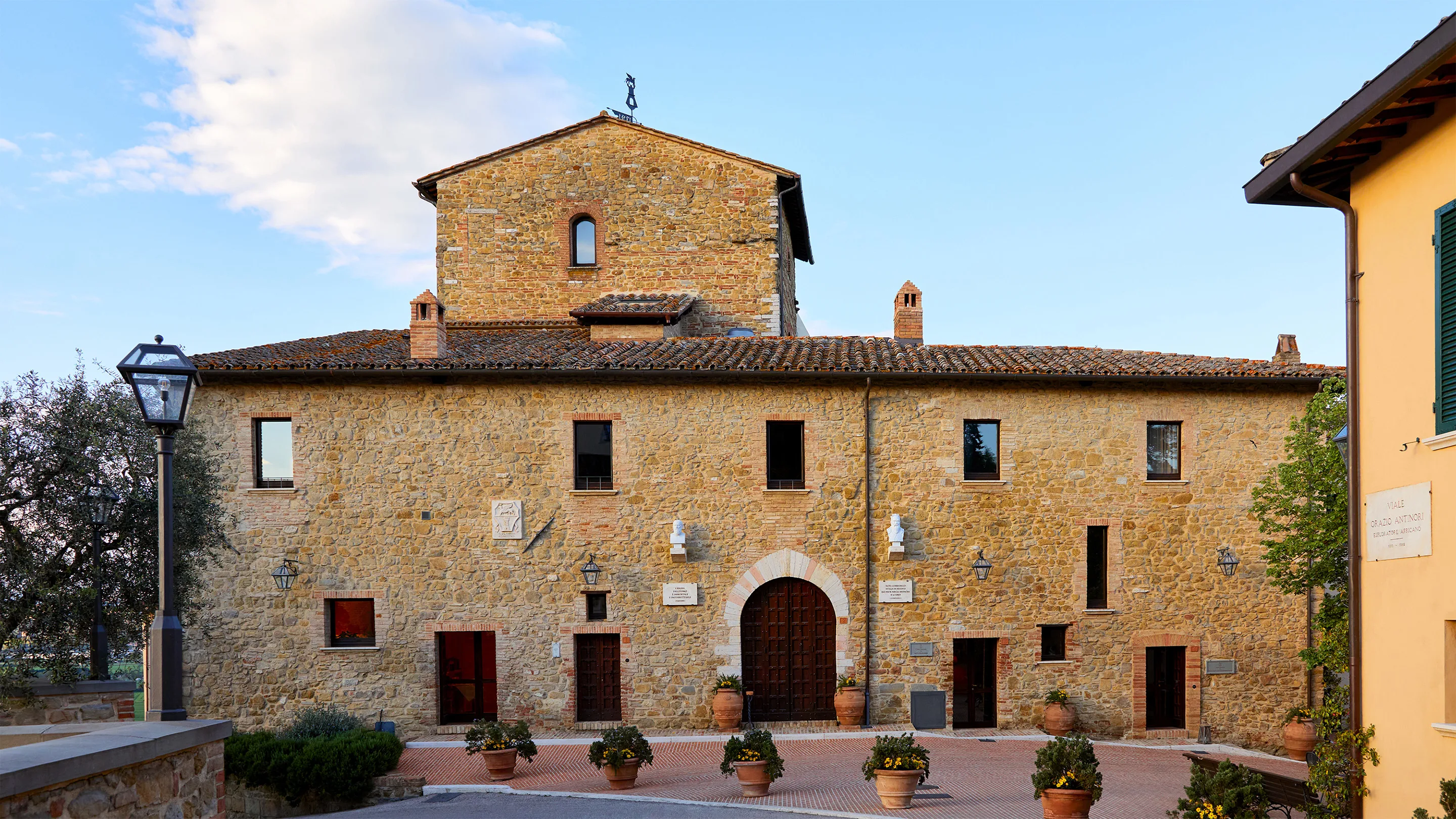
Credit: Brunello Cucinelli
Bennahmias embraces this model of patient, sustainable expansion. “We all know that a tree doesn’t grow to the sky,” he explains. “If a company does 20 million in revenue and has the potential to reach 100 million, fine – let’s take it to 100 million. But we’re not going to make the branches extremely beautiful in three years. We’ve got to do it in a qualitative way and take the time we need to bring it there.”
Innovation Through Premium Positioning
This quality-focused approach extends to product development, where Bennahmias applies lessons learned from decades in luxury brand building. His electric bike venture Viiala exemplifies this strategy, rejecting industry conventions about pricing limitations in favour of breakthrough innovation.
“For the last 20 years we haven’t seen any major innovations [in the biking world], and for one reason: because they are all constrained with the fact that a bike should never be more than 15,000 US, Euro, Swiss, whatever it is,” he observes. “I don’t agree with this. It could be a lot more, but you have to give me a lot more. [For Viiala], we are working with astro physicians. We might introduce new materials never used before… what we’re creating is something out of the norm.”
This approach aligns with broader luxury market trends toward premiumisation. According to Bain & Company’s Global Luxury Study 2024, ultra-premium segments have consistently outperformed mainstream luxury categories, with consumers willing to pay significant premiums for genuine innovation and craftsmanship excellence.
The Viiala project, scheduled for official launch in June 2028, represents THMG’s commitment to extended development timelines that prioritise perfection over market speed. This patience-based approach contrasts sharply with the rapid product cycles that characterise much of contemporary luxury manufacturing.
Direct Relationships in a Connected World
Central to Bennahmias’s vision is the elimination of intermediaries between creators and consumers – a direct-to-consumer strategy that he believes represents the future of luxury retail.
“I really do believe that the future of super luxury, you cannot have people between the maker and the consumer of things anymore for two reasons. One, because the consumer has to know everything about why the maker is making what he makes every day, and he wants to be aware. He wants to be smarter in understanding what’s there. On the other hand, the maker has to understand why he appeals to those people, to potentially help him do his job better,” he explains.
This direct-to-consumer philosophy reflects changing luxury consumption patterns documented by Deloitte, which found that 84% of luxury consumers research brands extensively before purchasing, with 71% expecting personalised interactions throughout their journey. Traditional retail models struggle to accommodate these heightened expectations for authentic engagement and detailed product knowledge.
“The more people you put in between, the more risk you take to dilute the information. You want to get the absolute perfect information between the people who make, with the people who consume,” Bennahmias says.
Authenticity in an Age of Scepticism
Perhaps most critically, Bennahmias emphasises authenticity as the foundation for sustainable luxury business models. His observations about consumer behaviour during the pandemic boom reflect deeper shifts in luxury market dynamics that extend beyond temporary economic cycles.
“2021 and 2022 went insane and [brands] thought that would be a new standard. Guess what? By the end of 2022 and beginning of 2023, the slowdown [happened] – because it went too far,” he notes.
“Suddenly, everybody woke up. And people said, you know what, I’m still going to spend money. I want to enjoy myself. I want to reward myself and I want to please my friends, my family, but now I’m going to reassess what am I getting for the money I’m spending.”
This reassessment has created new competitive dynamics where established luxury brands can no longer rely on heritage alone to justify premium pricing, echoing the view of luxury analyst Luca Solca, Managing Director of Luxury Goods at Bernstein, in an earlier episode of the podcast. “Brands that decided to increase prices the most, are the ones, in general, under more pressure today, as they struggle to justify their value for money propositions,” said Solca. Consumer expectations have evolved beyond traditional markers of exclusivity toward demands for genuine value and authentic experiences.
“You cannot play people. You have at some point to be really, really real. And if you claim something, you’d better deliver on your claim,” Bennahmias warns. “And we’re seeing every single day, a lot of mistakes made by big names in the world of luxury.”
His emphasis on authentic delivery speaks to broader industry challenges documented by McKinsey & Company, which found that 73% of luxury consumers have become more selective about their purchases since 2020, with authenticity ranking as the second-most important factor in brand selection after product quality.
The Path Forward
The luxury industry’s relationship with growth remains complex, balancing shareholder expectations with evolving consumer values and sustainability concerns. Bennahmias’ approach through THMG offers one model for navigating these tensions, though its ultimate success will depend on market acceptance of slower, more deliberate expansion strategies.
“In the world of luxury, it’s never a question of: do I have the money to buy what I want to buy?” says Bennahmias.
“The ultimate luxury, is the time to just connect. And if on top of this you develop extremely qualitative products, there is a way – and there will always be a way.”
__________________________
Listen to the full interview with François-Henry Bennahmias on The Luxury Society Podcast on Apple, Spotify, and other major podcast platforms.
To discover more about pricing pressures in today’s luxury market, read our interview with Luca Solca, Managing Director of Luxury Goods at Bernstein, or listen to the podcast episode available on Apple, Spotify, and other major podcast platforms.
Subscribe to The Luxury Society Podcast to receive notifications about new episodes featuring luxury industry leaders. Never miss an episode as we continue exploring the themes shaping the future of luxury.








